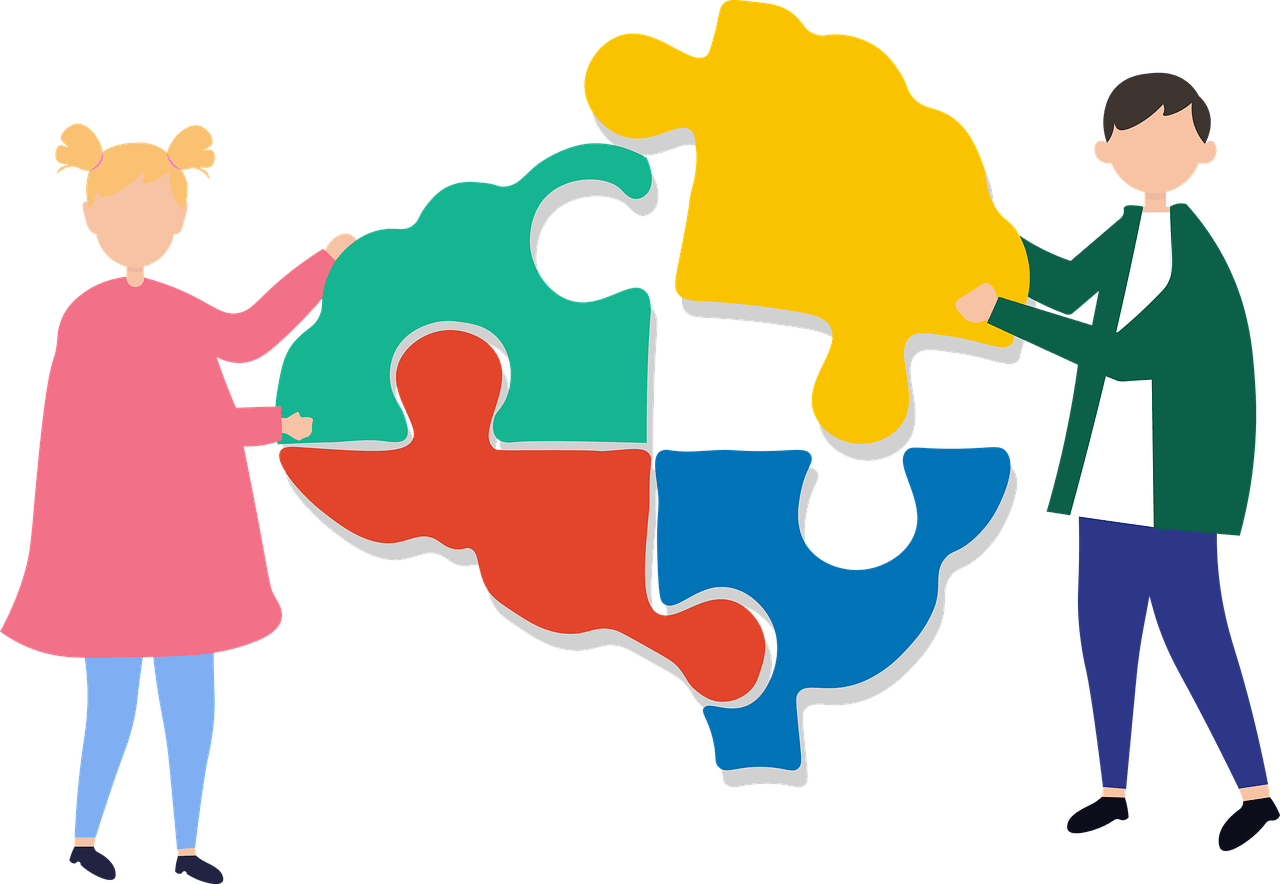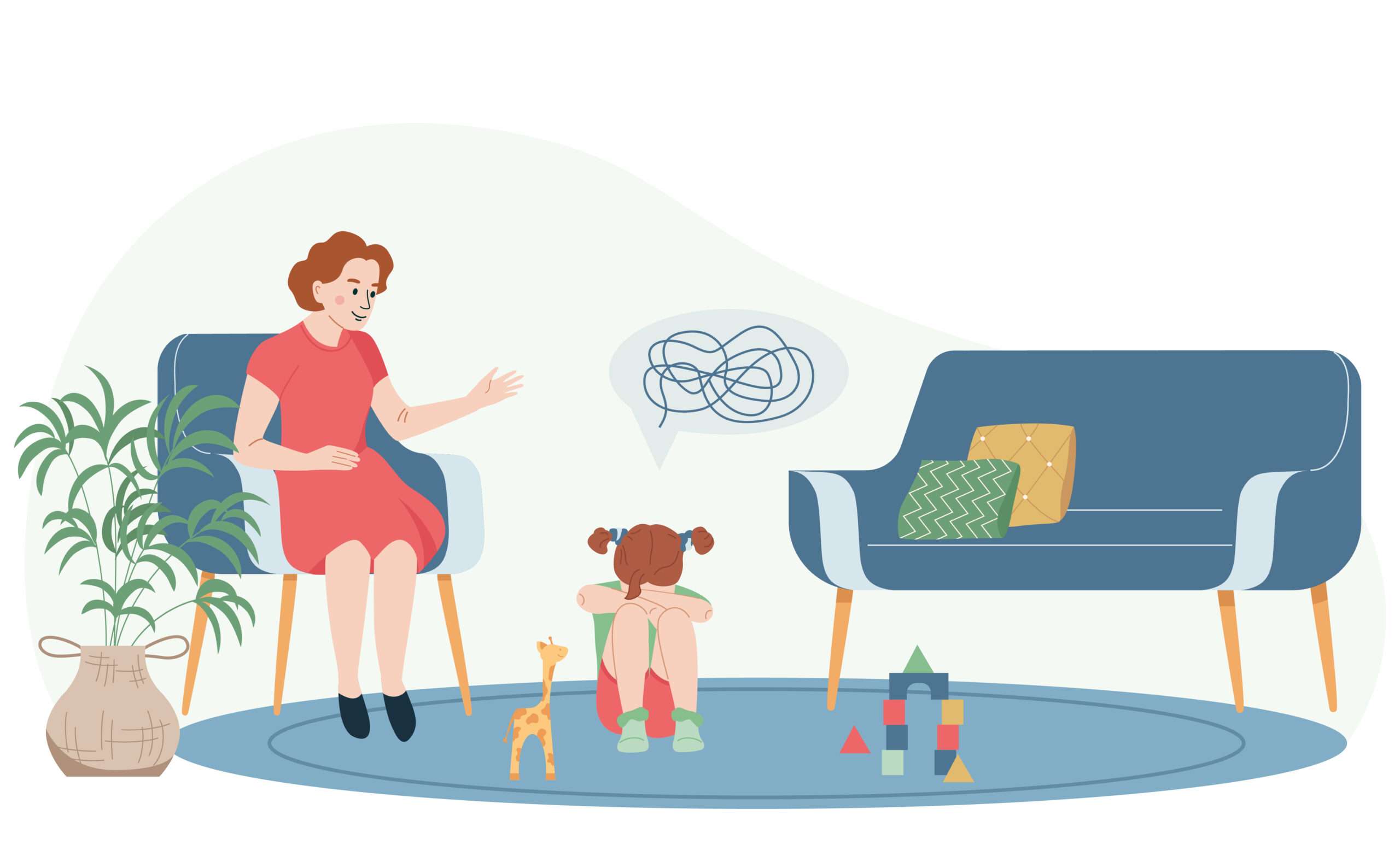Discover the types, causes, symptoms, and treatments of learning disabilities. Learn how to support individuals facing these challenges effectively.
Table of Contents
Toggle
What is Learning Disabilities?
Learning disabilities refer to neurological disorders that impact an individual’s ability to interpret, process, and respond to information. Individuals with these disabilities might experience difficulties in learning using conventional methods. However, it is crucial to recognize that these challenges are not indicative of overall intelligence. Research says that People with learning disabilities may have trouble with tasks such as reading quickly or solving mathematical equations, but this is due to differences in neurological processing, not cognitive capability. This is a fundamental aspect when understanding the learning disabilities definition in a broader context.


Types of Learning Disabilities
Learning disabilities vary widely, with each type affecting different learning processes. Among the most prevalent are:
Dyslexia:
Dyslexia condition primarily affects reading. Individuals with dyslexia may read at a slower pace, confuse letters, or have difficulty spelling. These issues are rooted not in visual impairments but in how the brain decodes written text. Many people with dyslexia possess strong creative abilities and thrive in fields that aren’t heavily dependent on written communication.Dyscalculia:
This disability impacts understanding and operation of mathematical concepts. Those affected might find basic operations like addition or subtraction challenging, and more complex mathematics can seem daunting. Everyday numerical tasks such as counting money or understanding time can also pose significant difficulties.Dysgraphia:
Dysgraphia influences writing skills, affecting handwriting clarity, grip on writing instruments, and the spatial arrangement on the page. People with dysgraphia might have illegible handwriting and find it uncomfortable to write for long periods, impacting their ability to communicate effectively through writing.Auditory Processing Disorder:
APD hinders the ability to differentiate sounds in words, affecting the comprehension of verbal instructions or conversations, especially in noisy settings. This disorder doesn’t impair hearing itself but rather how sound is processed in the brain.Visual Processing Disorder:
This disorder challenges the ability to process visual information, which can complicate reading and differentiating visual elements like colors or shapes. It impacts not only academic abilities but also daily activities, such as navigating spaces or interpreting maps.
Feeling overwhelmed by reading challenges? Click here to speak with one of our psychologists who can help you navigate dyslexia.
What are the causes of Learning Disabilities?
As per research, Research indicates that multiple factors contribute to the development of learning disabilities, including:
Genetics:
Learning disabilities can be hereditary, suggesting a higher likelihood of these challenges if other family members have them. Just as physical traits are inherited, so too can be the ways in which the brain processes information.Prenatal and Neonatal Risks:
Factors such as maternal substance use during pregnancy, inadequate growth in the womb, or birth complications can influence neurological development and lead to learning disabilities.Environmental Exposures:
Exposure to toxic substances like lead, commonly found in old paint and plumbing, can adversely affect brain development and function, leading to learning disabilities.
What are the symptoms of Learning Disabilities?
Identifying the symptoms of learning disabilities is crucial for early intervention. According to research,
Here are some common signs that might indicate a learning disability:
Challenges with Reading:
A significant marker of a learning disability may manifest as difficulties in reading. This might involve struggles with word recognition, slow reading pace, or frequent misreading. Individuals might face challenges in summarising or interpreting text, significantly impacting their educational experience.
Writing Issues:
Another common symptom of learning disabilities is trouble with writing. This could include incorrect spelling, grammatical errors, or disorganised thoughts on paper. These are not mere errors but could indicate deeper issues with processing and expressing written information.
Maths Difficulties:
People with learning disabilities often face challenges with basic maths concepts such as addition, subtraction, or problem-solving. Difficulties may also arise in memorising maths facts or following sequential steps in problem-solving, which can make learning maths particularly frustrating.
Memory Concerns:
A consistently poor memory, especially for recently learned information, can be a symptom of a learning disability. This might include forgetting details from recent lessons or instructions, impacting the ability to learn and recall necessary information for academic success.Attention Deficits:
Frequently observed in conjunction with learning disabilities are attention-related problems. Signs might include a noticeable lack of focus, difficulty listening in class, or frequent daydreaming. These issues can hinder engagement in educational activities and affect academic performance.
Struggling with reading can be tough, but you’re not alone. Our psychologists are here to help you. Reach out here for support.
How can you prevent Learning Disabilities?
While it’s not possible to prevent all learning disabilities, certain proactive steps can be taken:
Importance of Prenatal Care:
Regular prenatal visits can help in preventing some learning disabilities by ensuring the health of both the mother and the developing foetus, allowing early detection and management of potential health issues.Avoidance of Harmful Substances During Pregnancy:
It is crucial for expectant mothers to refrain from consuming alcohol and drugs, as these can detrimentally affect the foetus’s brain development and lead to learning disabilities.Emphasis on Early Intervention:
Recognizing and addressing learning challenges early can significantly enhance the educational trajectory for children. It’s important for caregivers and educators to monitor for any signs of struggle in a child’s speech, reading, or attention, and to seek professional help promptly.

How to diagnose Learning Disabilities?
Diagnosing learning disabilities involves a thorough evaluation through various professional assessments:
Educational Evaluations:
These specialised tests compare a child’s abilities in reading, writing, and mathematics to normative age standards, pinpointing specific difficulties.Psychological Assessments:
These evaluations measure cognitive abilities including memory, reasoning, and processing speed, helping to identify learning blocks.Classroom and Home Observations:
Inputs from educators and parents are vital. They provide insights into the child’s daily challenges, contributing significantly to a comprehensive diagnosis.
What are the complications of Learning Disabilities?
Learning disabilities can result in a range of complications if not adequately managed. These complications can impact various life aspects, including academic and social spheres:
Academic Challenges:
Students with learning disabilities often find academic achievement challenging. They may struggle with fundamental subjects like reading, writing, or mathematics, resulting in lower grades. These students typically require additional time to complete tasks and may frequently make errors despite significant effort. This ongoing struggle can lead to feelings of frustration and demotivation. Without proper support, these academic challenges can escalate, making the educational environment increasingly difficult for them.Social Difficulties:
Additionally, learning disabilities can impair a child’s ability to engage socially. They may misinterpret social cues or fail to grasp subtleties in conversation that their peers understand effortlessly, such as sarcasm or emotional nuances in speech. This misunderstanding can complicate social interactions, making it challenging to form friendships and often leading to feelings of isolation or loneliness in school and other social environments. Such experiences can severely affect a child’s self-confidence and overall well-being.Emotional Impacts:
The lack of adequate support for learning disabilities can cause significant emotional stress for children. Constant academic struggles without visible progress can lead children to feel incompetent across various activities, impacting their self-esteem and potentially leading to anxiety or depression. Providing emotional support in tandem with educational assistance is crucial to boost their self-perception and cope with their challenges.
Behavioural Issues:
The frustration stemming from persistent academic difficulties can also manifest in behavioural issues. Children overwhelmed by their educational hurdles might display disruptive behaviours both in the classroom and at home, as a form of expressing their distress or to avoid situations where they feel they might fail again. Addressing these behaviours requires understanding their root cause and implementing effective strategies to support the child in managing their learning disability.
If dealing with these challenges is becoming overwhelming, reach out to our psychologists here for professional support and guidance.

When to see a doctor?
Identifying the right time to consult with a healthcare or educational professional is essential for effectively managing learning disabilities. Here are a few indicators:
Continuous Struggles:
If a child consistently faces difficulties with basic learning tasks such as reading, writing, or arithmetic, and shows no improvement despite additional support and practice, it might be necessary to consult with a learning specialist or doctor. Such persistent challenges suggest that conventional interventions are inadequate, and a more tailored approach might be required.
Developmental Delays:
Monitoring a child’s progress in acquiring learning skills relative to their peers is crucial. Significant struggles with tasks that peers handle easily—such as reading basic texts, solving straightforward maths problems, or writing legibly—might indicate a learning disability.
Growing Frustration:
An increase in a child’s frustration or distress related to academic tasks can indicate deeper issues. Signs such as frequent emotional outbursts, reluctance to attend school, or a noticeable decline in academic performance are critical indicators that should not be overlooked.Educator Recommendations:
Often, teachers and school staff are the first to notice learning difficulties, as they observe the child’s performance daily. If educators suggest that a child might benefit from a professional evaluation for a potential learning disability, their insights should be seriously considered, given their experience and expertise in educational settings.
Early consultation can lead to early intervention, which is critical in helping individuals manage and overcome the challenges associated with learning disabilities.
What are the treatment options for Learning Disabilities?
Treatment and support for learning disabilities require personalised strategies that cater to each individual’s unique challenges. Below are some effective approaches:
Educational Interventions:
Tailored educational programs and methodologies are critical for addressing specific learning obstacles. For instance, multisensory reading strategies might be employed to aid those with dyslexia, while visual tools could be used to help individuals grappling with dyscalculia.Therapeutic Support:
Depending on the specific learning disability, different forms of therapy can be instrumental. Speech therapy may enhance verbal and comprehension skills for those with communicative challenges. Occupational therapy can be crucial in improving motor skills and everyday functional abilities, enabling smoother performance of tasks such as writing or handling classroom materials.Adaptive Accommodations:
Adjustments within the educational setting can greatly benefit students with disabilities. These might include extended time for examinations, audio versions of text for those with reading difficulties, or tailored homework assignments that align with a learner’s capabilities. Such accommodations aim to provide equitable educational access.Empowering Educators and Parents:
It is vital to equip both educators and parents with the necessary skills and knowledge to support learners effectively. This could involve training in specialised teaching methods, strategies for home support, adaptive behavioural techniques, or enhanced communication methods to better engage and assist students.
These approaches are not universally applicable and should be adapted based on individual progress and response. With the appropriate mix of support and interventions, individuals with learning disabilities can navigate their challenges successfully and achieve their potential.
If you are going through a tough time and need someone to talk to, we are here for you. Reach out to us for a heartfelt chat or a comforting call with one of our caring psychologists. You are not alone in this journey, we are always here for you.




